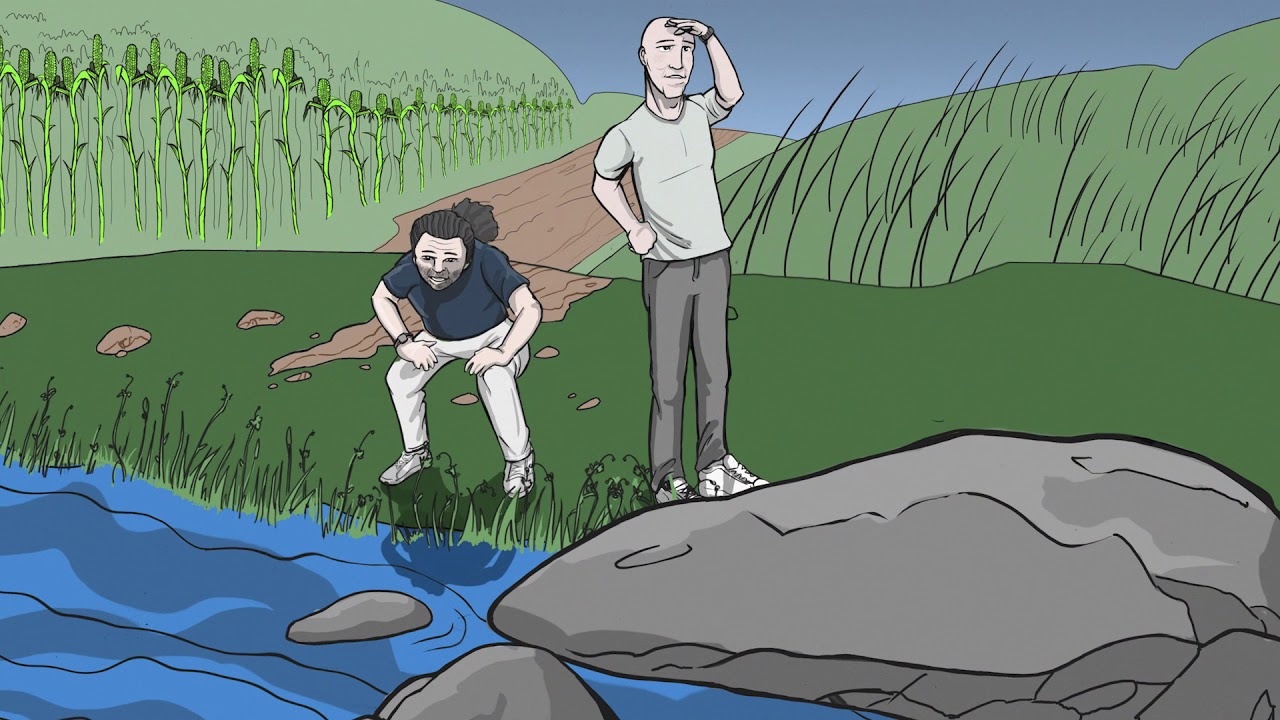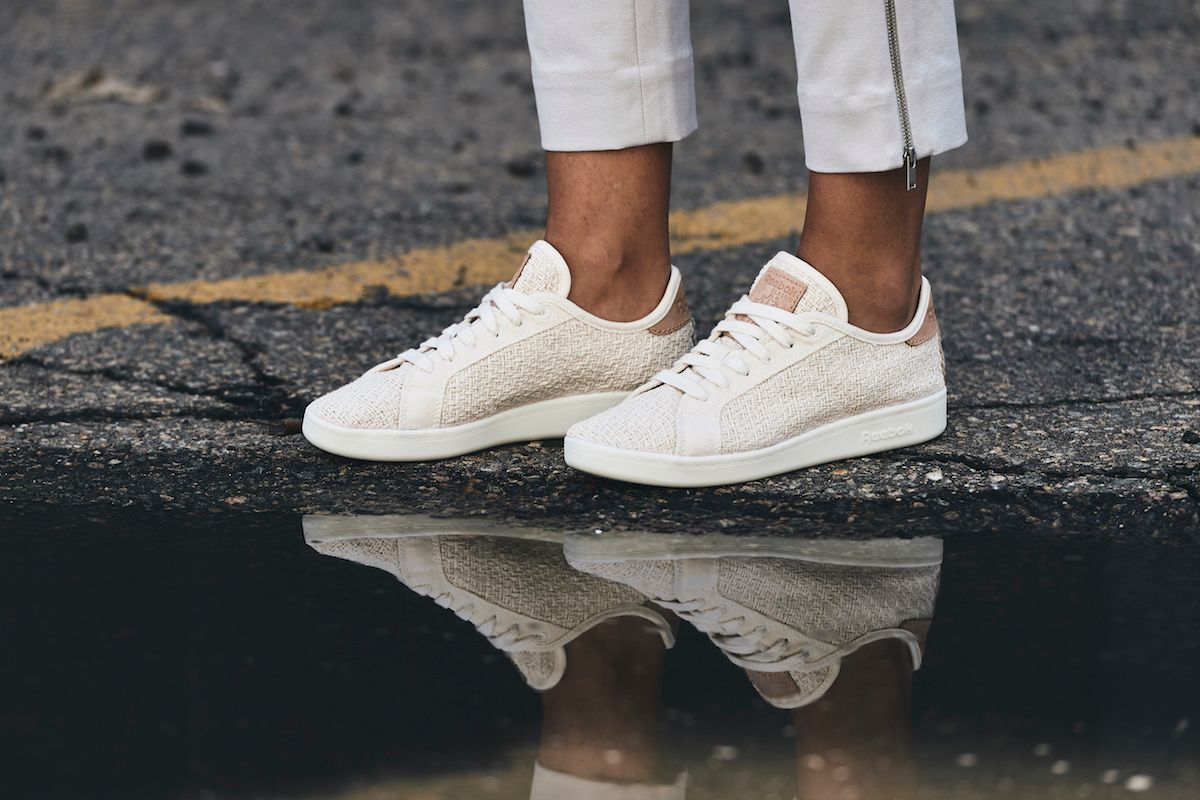

Adidas has shoes made of
ocean plastic. Nike has ones made of recycled leather. Now, Reebok has its first plant-based athletic shoe.
The “NPC U.K. Cotton + Corn” sneaker, which
debuted Tuesday, has a top made from 100 percent organic cotton, a sole made from a corn-based rubber substitute and an insole made from castor bean oil. No dyes were used for the chalk-colored kicks and they’ll also come in 100 percent recycled packaging.
To make the sole, Reebok used an ingredient called Susterra propanediol, developed by
DuPont Tate & Lyle Bio Products, that’s described as “a pure, petroleum-free, non-toxic, 100 percent USDA certified bio-based product, derived from field corn.”
The bio-based shoe is just the first phase of Reebok’s “Cotton + Corn” sustainable product line that was first announced
last year.
NPC U.K. Cotton + Corn sneakerReebok
Reebok’s Future Team, which created the shoe, is now developing footwear that’s actually biodegradable.
The goal is to create shoes that can decompose in six months, Reebok said in a blog post Tuesday. The company noted that “most stories about sustainable shoes are recycling stories”—meaning they’re either made from recycled materials or up-cycled from old shoes.
“Our issue with recycling is you recycle plastic, it’s still plastic … You’re not getting rid of the problem,” Bill McInnis, vice president of Reebok’s Future Team, recently told
CBS News. “The idea is how do you get rubber and plastic out of the process and replace it with natural things that grow like corn.”
Just think, instead of throwing your shoes away for good—adding to the roughly 300 million pairs that end up in U.S. landfills annually—you can compost them or simply bury them in your backyard.
“Typical shoes are made from oil-based plastics that can sit around in landfills for hundreds of years when you’re done with the,” McInnis said on a company web post. “We’re focusing on creating shoes made from things that grow, made from things that bio-compost, made from things that can be replenished.”
The cotton and corn shoes are available online and cost $95.
Reebok launches sustainable sneaker made from cotton and corn https://t.co/aLPJPjALmn pic.twitter.com/ASZcH61KUs
— CBS News (@CBSNews) August 15, 2018
- Adidas Will Use Only Recycled Plastics by 2024
- Adidas Sold a Million Shoes Made of Ocean Plastic
- Take More Sustainable Steps with these Eco-Friendly Shoes - EcoWatch

 233k
233k  41k
41k  Subscribe
Subscribe 
